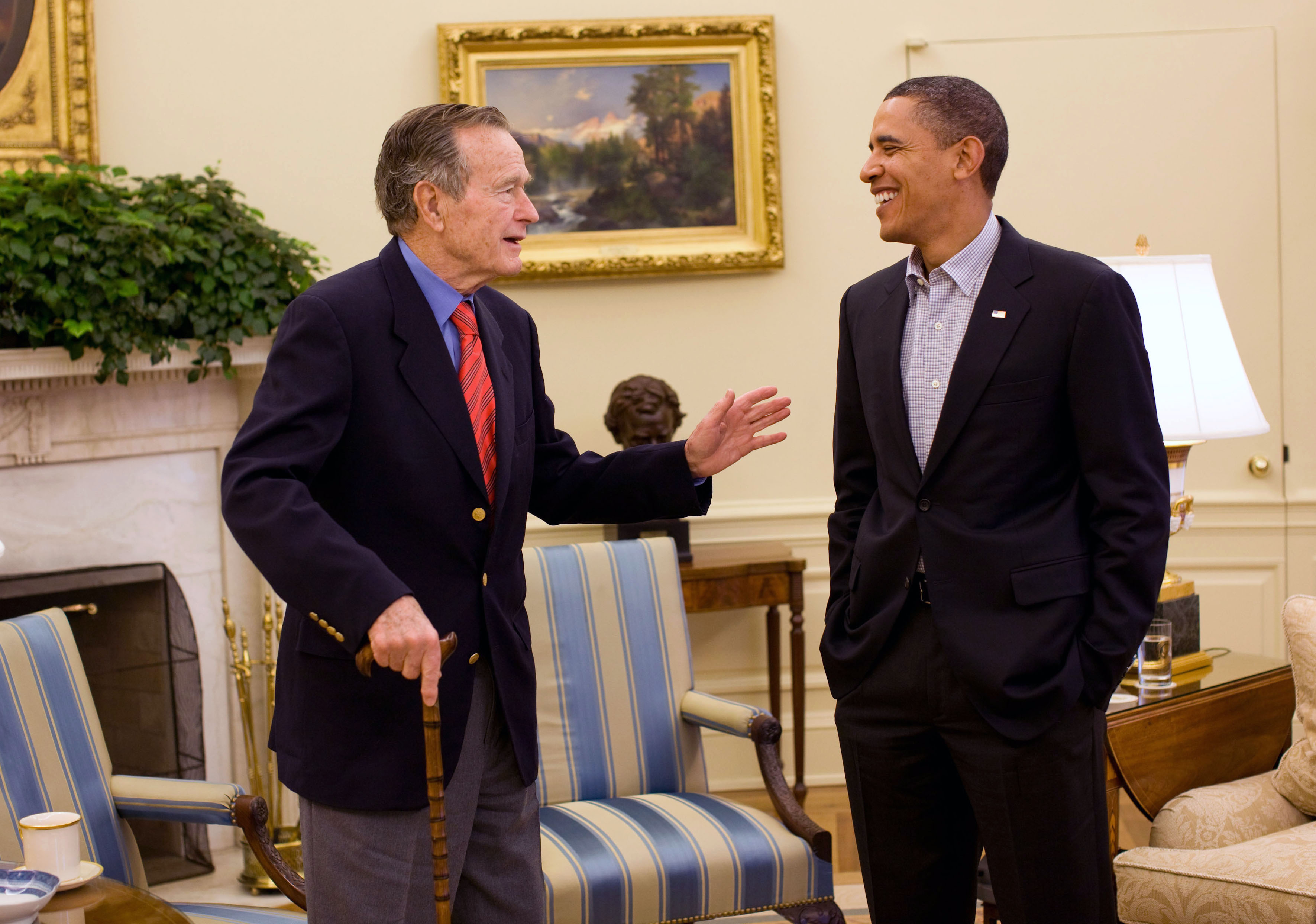"Some policy experts believe that the U.S., even with allied support, should not attack Syria without authorization from the U.N. Security Council. Insofar as the Russians and most likely the Chinese are sure to veto any resolution calling for reprisals against Syria, these experts are, in effect, saying that the U.S. should not attack Syria. If, lacking Security Council authorization, the Obama administration were to make a legal case for intervention, it would rest on enforcing the 1925 Geneva Protocol banning the use of chemical or biological weapons. That protocol was designed to prevent the use of weapons whose principal purpose was to terrorize civilians, which is exactly how the Assad government appears to have used its chemical weapons. Obama could also cite a United Nations initiative, adopted in 2005, establishing that a state has a 'responsibility to protect' its citizens from genocide and other crimes against humanity. Assad’s war crimes don’t so much amount to genocide as patria-cide, a willingness to destroy his own country. Does abiding by the Security Council takes precedence over supporting these other norms? That represents a highly idealized view of how the Security Council has functioned. When Franklin Roosevelt first conceived the United Nations, he thought of the security council as a kind of extension of the wartime allied alliance in which the great powers, united among themselves, would prevent lesser nations from getting into trouble. But the Cold War undermined that original conception of the Security Council, and it has had a tattered record in preventing war. There are good reasons for the United States not to act alone in enforcing the 1925 Protocol, but there are also reasons why it should ignore the need for Security Council approval." (TNR)
"Because so many war plans simply do not survive the reality of war itself, each war is a unique universe unto its own and thus comparisons with previous wars, while useful, may also prove illusory. One of the many wrong assumptions about the Second Gulf War before it started was that it would somehow be like the First Gulf War, in which the pessimists had been humiliated by the ease of the victory. Indeed, the Second Gulf War unfolded in vastly different ways, this time proving the pessimists right. That is why the recent media refrain comparing a military operation in Syria with the one in Kosovo in 1999 worries me. There are profound differences. Syria has a population ten times the size of Kosovo's in 1999. Because everything in Syria is on a much vaster scale, deciding the outcome by military means could be that much harder. Kosovo sustained violence and harsh repression at the hands of Serbian leader Slobodan Milosevic, which was met with a low-intensity separatist campaign by the Kosovo Liberation Army. Violence was widespread but not nearly on the scale of Syria's. Syria is in the midst of a full-fledged civil war. The toppling of Milosevic, moreover, carried much less risk of ever-expanding anarchy than does the toppling of Syrian ruler Bashar al Assad. Kosovo was more or less contained within the southern Balkans, with relatively limited chance for a spillover -- as it turned out -- into neighboring countries and territories. Full-scale sectarian anarchy in Syria threatens to destabilize a wider region." (STRATFOR)
"Last night a friend sent me an email about having just seen the latest issue of Quest, and felt compelled to tell me how good it looked and how interesting the read. The August issue is the Annual Quest 400 List, and it’s mainly a List. We all love lists, admit it. They’re mindlessly interesting and easily dispensed with. And although they count for nothing in reality, we still assign them some odd kind of demi-authority ... This one I started nineteen years ago in Quest one month when I didn’t have or couldn’t think of anything to write about. I’d recently written a biographical piece on Vincent Astor, hence the '400' lists (which his grandmother the Mrs. Astor started back in the 19th century). Why not a new one, I thought. And so it was. It all led me to considering those early days at Quest which I first wrote for twenty years ago this past March. The first assignment came about serendipitously. I was introduced to Quest’s founder and then owner, Heather Cohane at a cocktail party at the Chanel store one autumn weeknight in 1992. I complimented her on the magazine’s social histories and told her how Larry Ashmead, an executive editor at HarperCollins, used to send me copies when I lived in Los Angeles. I also told her we had a mutual friend, a woman named Gloria Etting who lived in Philadelphia. In hearing her name, Heather said, 'oh I love Gloria. I’d love a story on her, would you like to write it?' That question, in retrospect was a seminal question in my life and my future. I didn’t know that at the time, of course. 'Living proof that charm and experience will always matter more than money' was the headline in the completed piece. Gloria Etting, who lived in Philadelphia most of her adult life, was brought up in Boston, one of several children of the socially well-connected (internationally) Italian family named Braggiotti." (NYSocialDiary)
"Supermodel Naomi Campbell partied at an Ibiza nightclub just a table away from ex-boyfriend Vladimir Doronin, whom she managed to completely ignore, last weekend. The former — and now unfriendly — lovers were both at club Ushuaia on Sunday night where Avicii was spinning. Campbell was celebrating her stunning new Interview magazine cover with fashion photographers Mert Alas and Marcus Piggott as well as Eva Cavalli, Maxwell, Riccardo Tisci, Paris Hilton and Adrien Brody. Behind the group sat Doronin, his daughter, and Naomi’s godchildren. One spy told Page Six: 'The atmosphere was icy. They didn’t speak even though they were at a table right next to one another.' Another source tells us Naomi and friends were having fun, and she did turn around and wave at the godchildren." (PageSix)











-with-Governor-Cuomo.jpg)
































